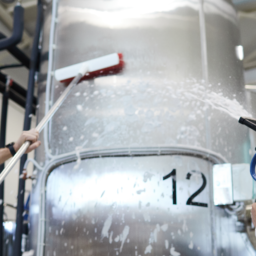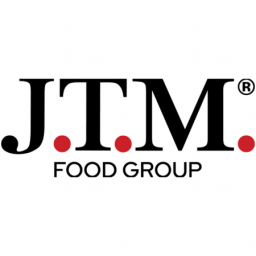
Amish Wedding Foods, operating in the center of Holmes County in beautiful Millersburg, Ohio, produces a wide variety of products including pickled vegetables, spreads and sauces, pie fillings, salsas, and jams. Their traditional Amish recipes and commitment to quality makes them a favorite in both the retail and private-label spaces. They operate two production facilities, one that produces canned products, and a second which repackages candy/snack items, cuts/ repackages cheeses, and produces a peanut butter spread.
In order to comply with the Food Safety Modernization Act (FSMA), as well as to continue their commitment to producing high-quality and safe food, Amish Wedding Foods decided to invest in CIFT food safety compliance services to improve all aspects of their food safety program.
With the changes in regulation, many companies were forced to re-evaluate their current food safety plans, and create or revise programs and policies.
Due to their large number of product lines, Amish Wedding Foods requires multiple plans, each customized to certain products, equipment, and environments in each production facility. CIFT has significant experience in developing documentation for a large variety of situations, and was able to provide expertise on guidance on the creation of each plan.
“The team that I collaborated with were extremely helpful and knowledgeable. At no time have I felt rushed during the project and the team worked well together, which took a lot of stress off me.” – Keith Hoyt, Quality & Food Safety Compliance Manager, Amish Wedding Foods
CIFT worked with Savour Food Safety International to provide training to Amish Wedding Foods on the requirements of the FDA’s Preventative Controls for Human Foods regulations, and provide guidance through the process of updating their hazard analyses and developing plans to comply with FSMA. CIFT and partners worked alongside Amish Wedding Foods on their plans, including background information, hazard analyses, preventive controls, process monitoring, verification, record-keeping protocols, corrective actions, cGMP programs, and recall plans.










